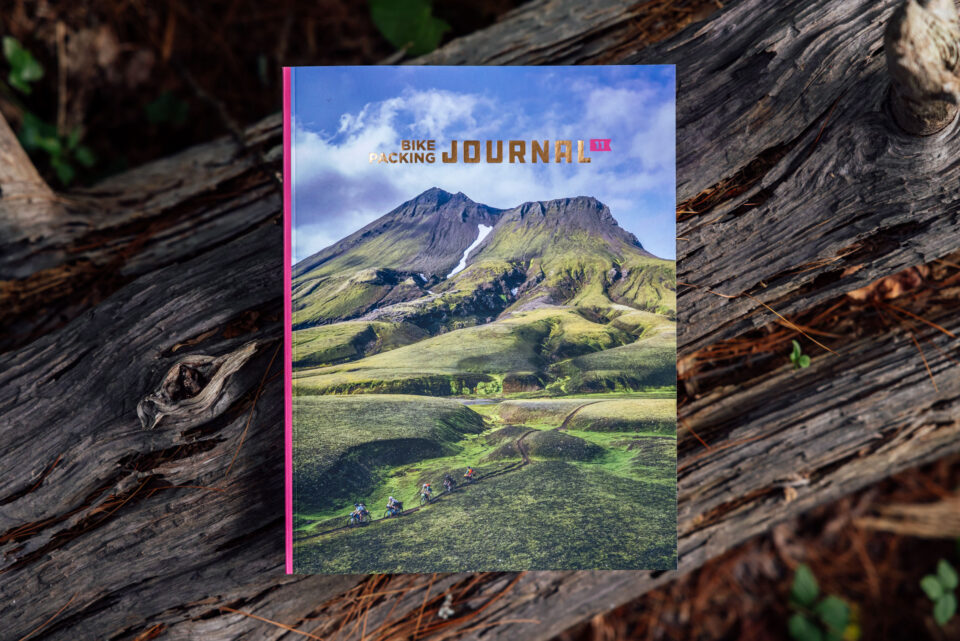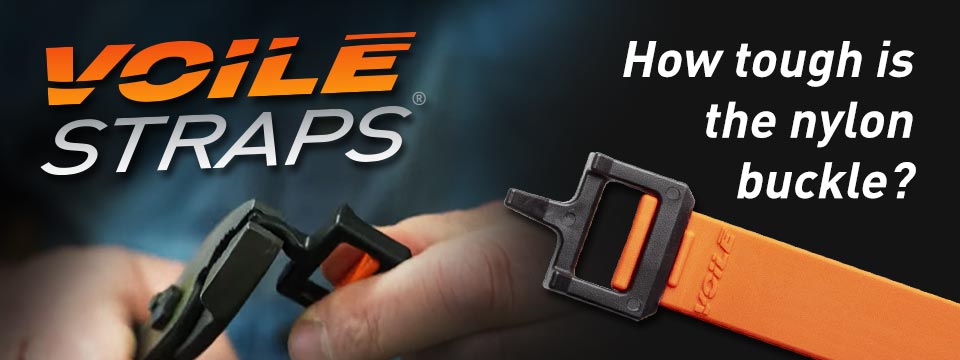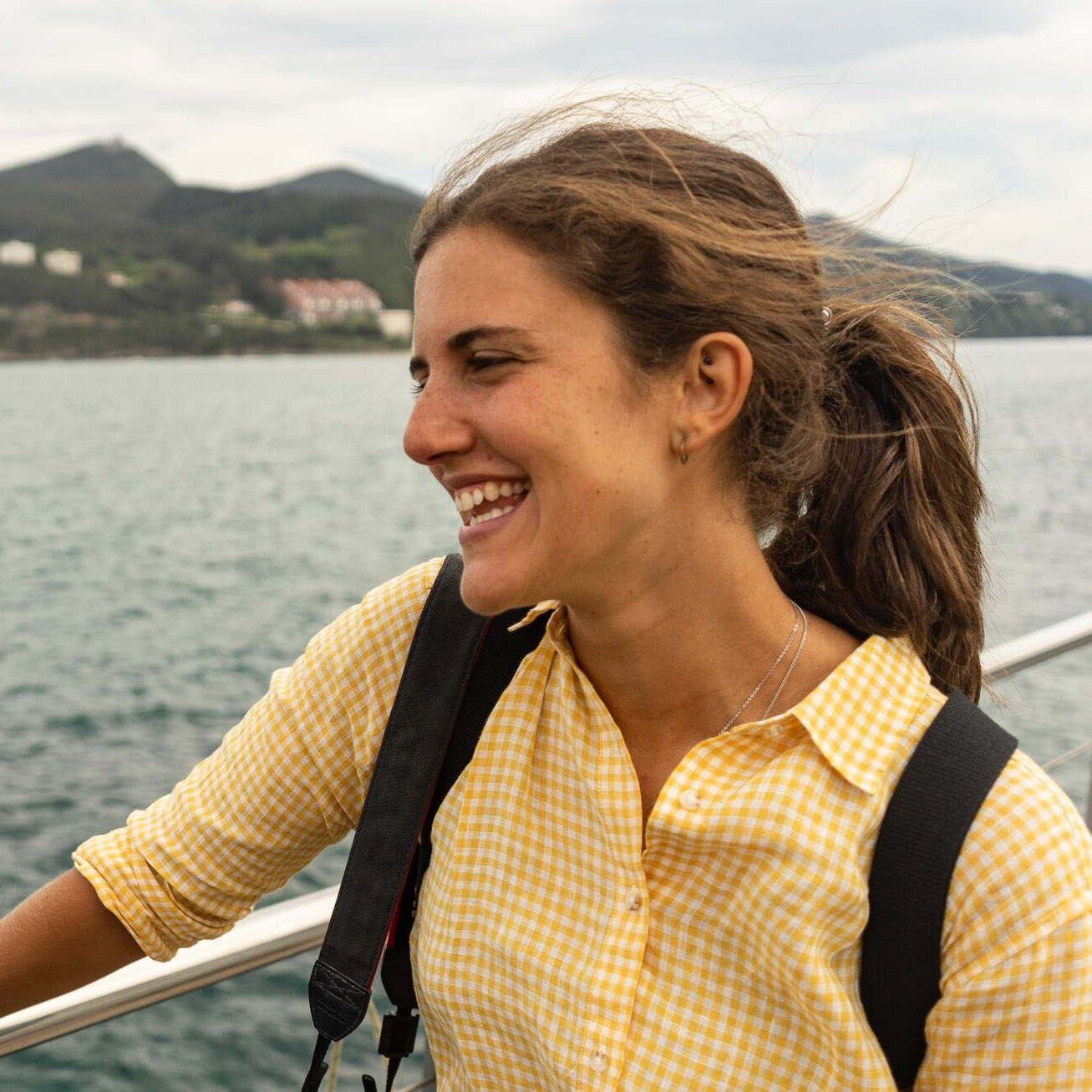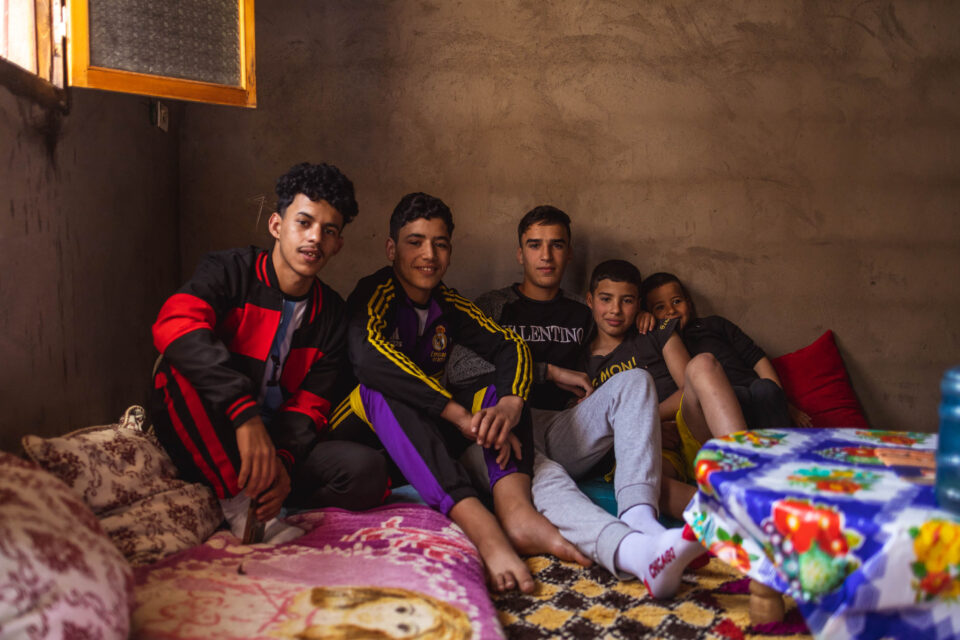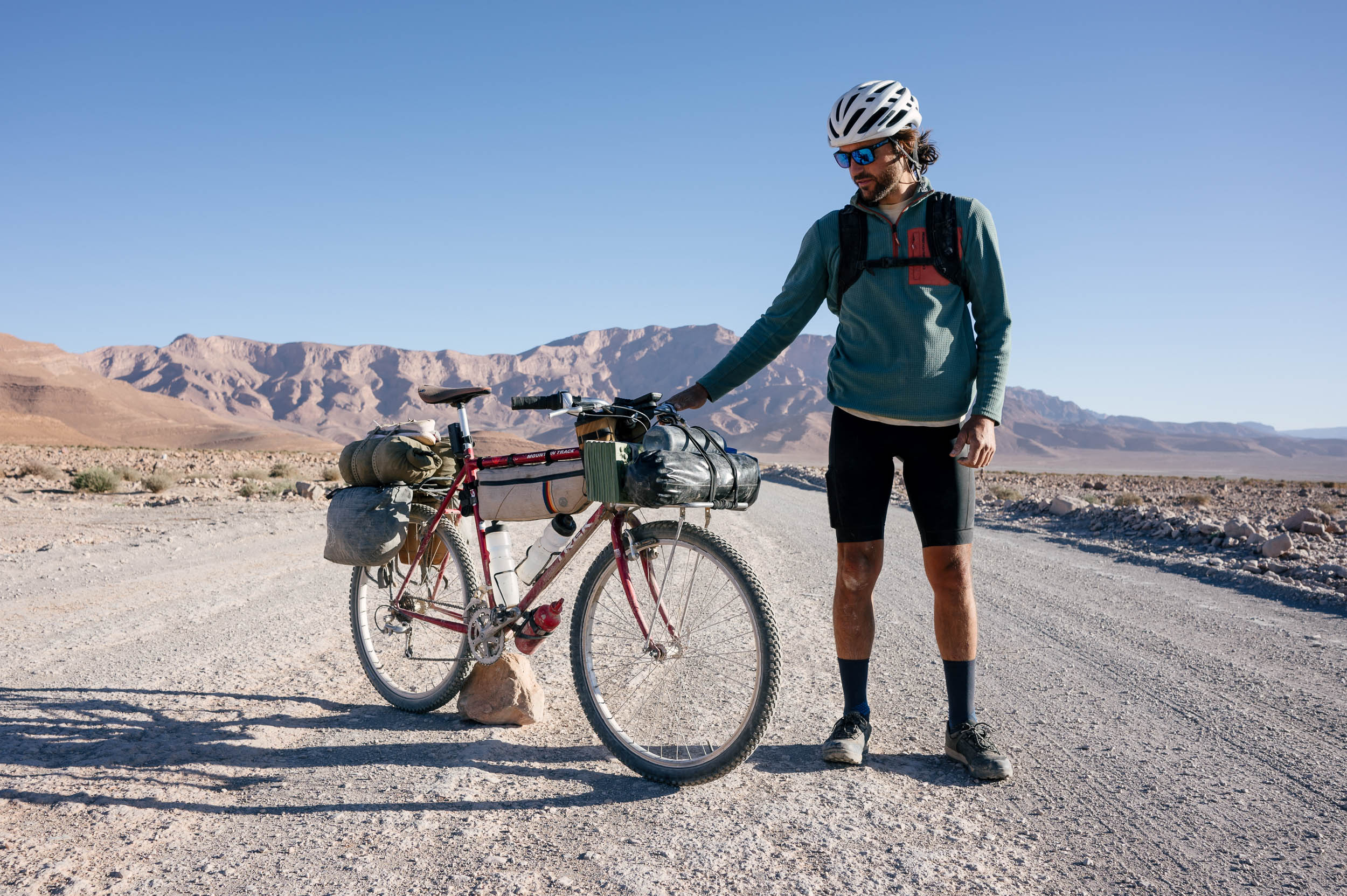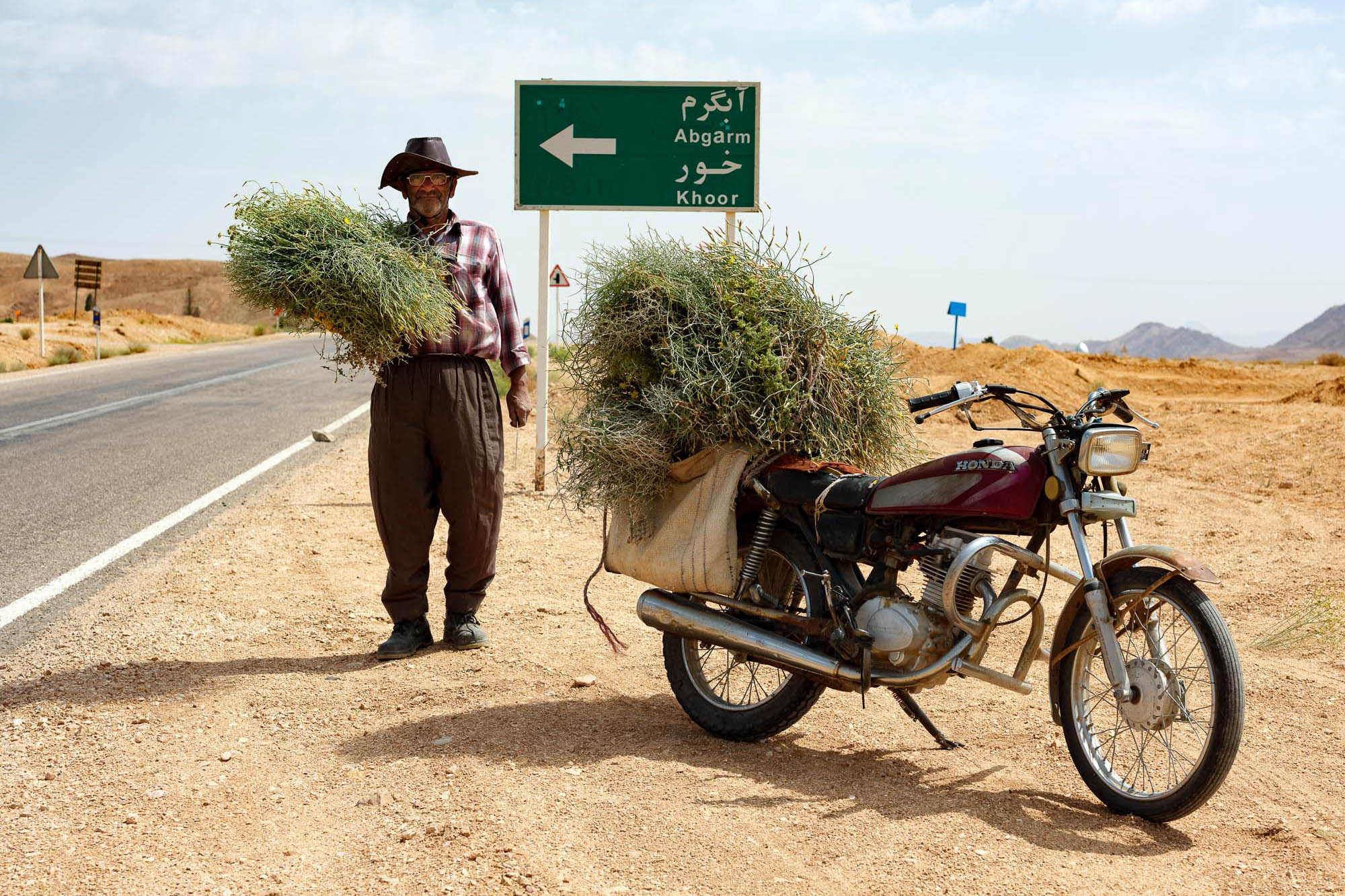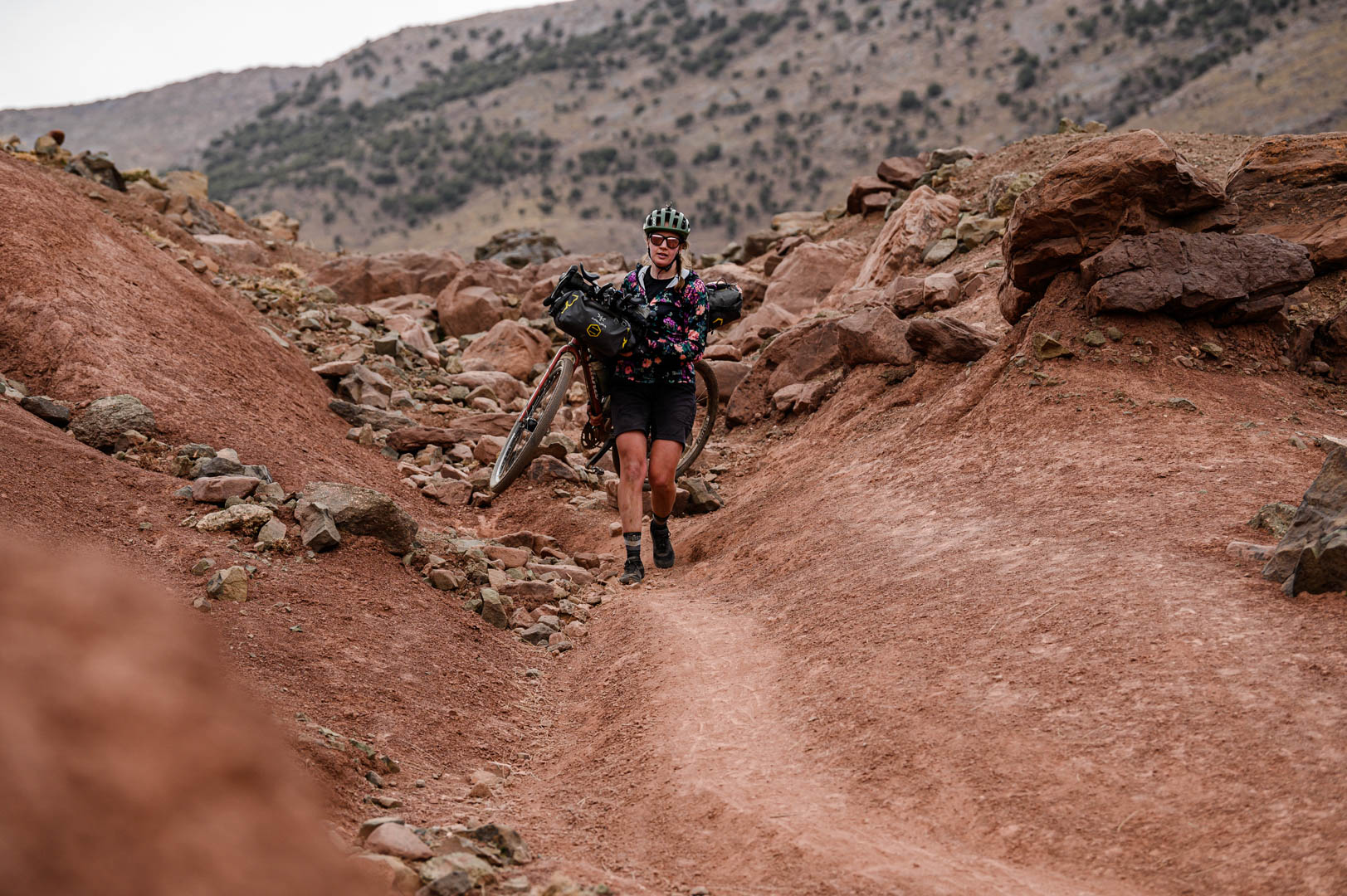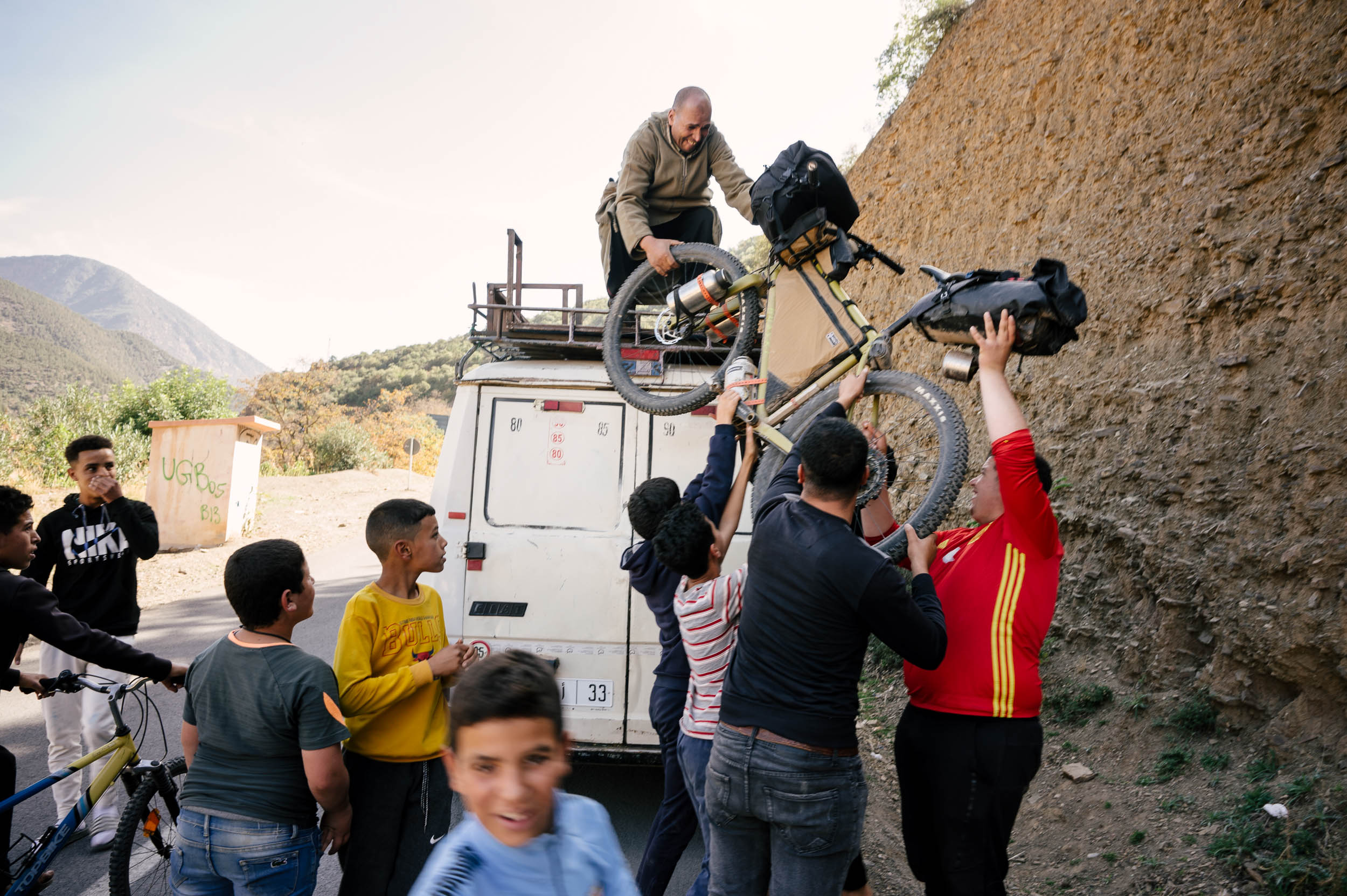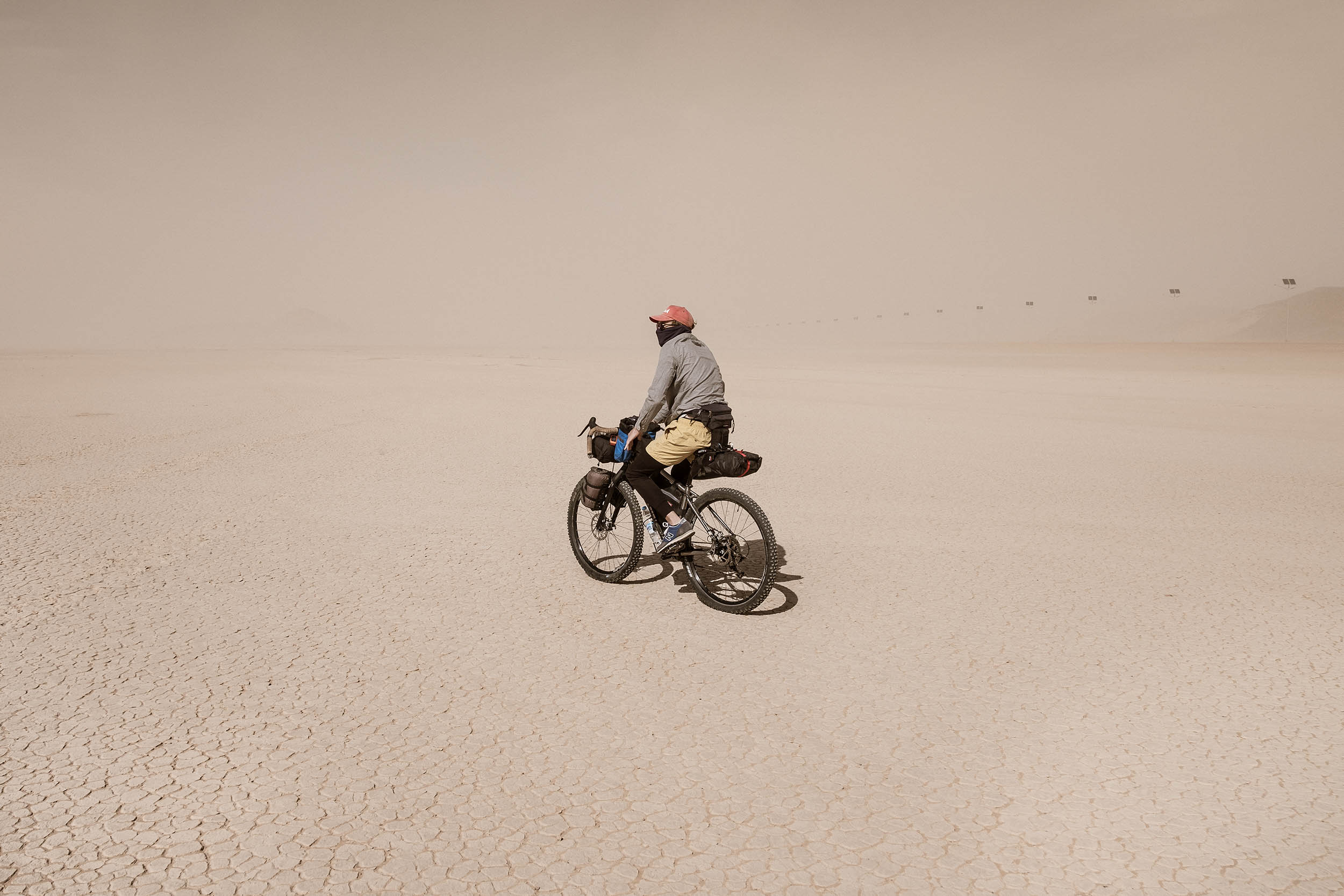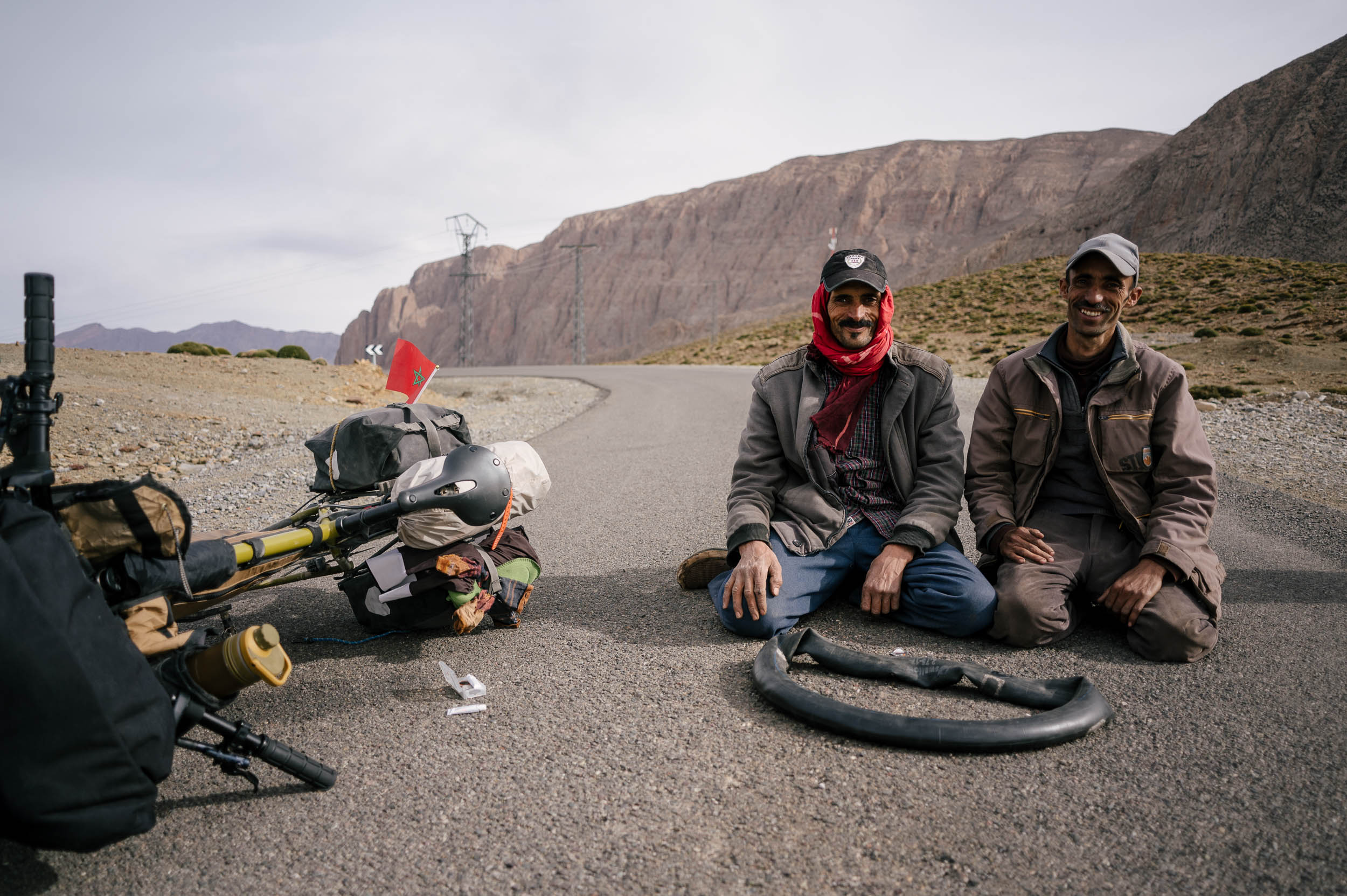Tea, Trails, and Trust: A Journey of Solo Connection in Morocco
In this piece, Ana Zamorano Ruiz reflects on her recent bikepacking trip across Morocco and the unique connections she’s formed with other women despite cultural and language barriers. Find her story of building bonds in the spectacular Atlas Mountains and a vivid collection of photos from her ride here…
PUBLISHED Nov 6, 2024
As soon as I left the village of Imlil, I was astride my trusty, sturdy bike in Morocco. I’d accumulated some leftover holidays from the previous year and combined them with a couple of weekends. Morocco is always a perfect destination, even if only for an extended weekend. Its proximity to home—just a two-hour direct flight from Bilbao—makes it irresistible to hop on a plane and experience this uniquely diverse country.
“Salamalekum!” I call out with a big smile, waving to the first local I encounter. Pure joy fills me. He rides past on his donkey, wearing a traditional djellaba, guiding his animal with a small stick in his right hand. They move much faster than I do. It’s been three years since I last traveled solo, and I’m thrilled to reconnect with myself, listening to my body and mind for hours and making my own decisions. I continue greeting various locals as I tackle the first pass of the trip. It’s an ideal start—the slopes are gentle, rising just 500 meters in elevation.

Though I’m familiar with the Toubkal area from previous visits, this pass is new to me, making me feel like I’m discovering fresh paths around what feels like home. Despite being April, the sun beats down strongly; the contrast between brownish and reddish rocks mixed with spring’s blooming colors makes the climb a perfect beginning to this bikepacking adventure. Having just enjoyed an omelet and mint tea in Imlil, I’m not hungry, but I can’t resist joining some geology students from the UK at the top of the pass.
“Are you alone?” their local guides and teachers ask, with those familiar gestures—widened eyes, raised eyebrows, and concerned expressions.
If you’ve traveled solo as a woman, you’ll recognize the inevitable questions: “Aren’t you afraid of wild camping?” “Have you had any problems with men?” or “Do you feel safe here? Please be careful!” The truth is, I don’t feel completely safe anywhere, not even in my hometown. But I refuse to let fear be my guide. Instead, I choose to take the “risk” of following my heart’s desires, knowing that discovering places and people from my bicycle saddle nourishes my soul most deeply.
I love Morocco and its people, so why hesitate when I have the chance to be here? While the media—and even the Spanish government—caution against solo travel in Morocco, I trust my instincts and the experiences of other women who have ventured here alone. The reality is that absolute safety doesn’t exist anywhere; we never know when misfortune might put us in the path of someone with harmful intentions. As the question asks: if you’re alone in the forest, which would you rather encounter—a bear or a man? That recent viral video and its ensuing controversy really brought this point home.
A few years ago, while bikepacking in the Canary Islands, I spent several days riding with a group of women. During one of our conversations, the topic of Morocco’s Atlas Mountain Race ultra-cycling event arose. One woman mentioned she would never participate, citing concerns about harassment from men. While I respected her perspective, I couldn’t fully agree. After all, unfortunate encounters can happen anywhere, even in our own neighborhoods.

By then, I’d visited Morocco five times, though never by bike, so I understood my experience as a backpacker might differ from bikepacking. I’d experienced the country from various angles—traveling with a partner, family, alone, and with friends—giving me a well-rounded perspective. Throughout all these visits, Morocco had consistently proven itself to be an incredibly hospitable country.
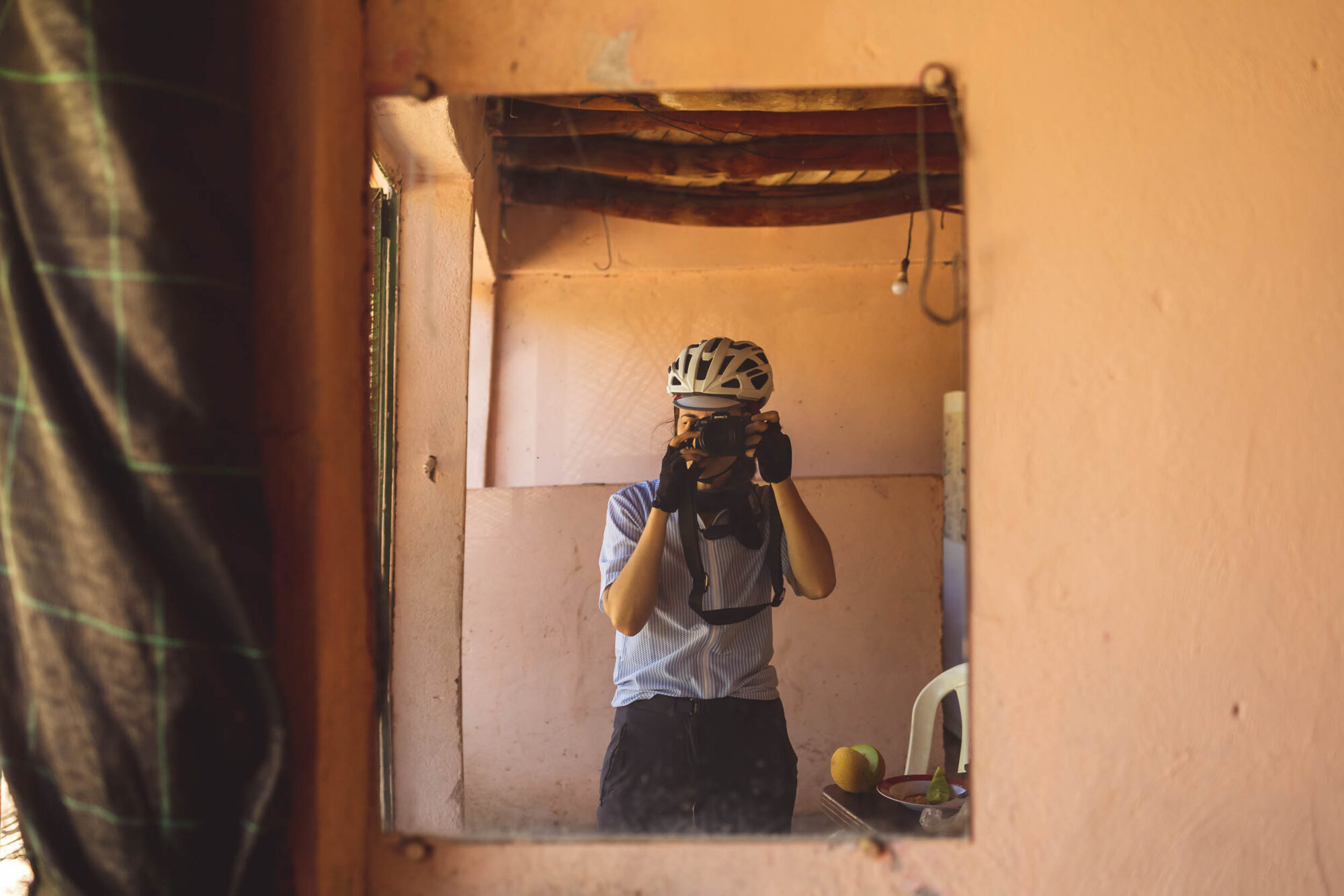
I adapt quickly to this place that, despite its proximity to home, feels like stepping into another world. Morocco’s diversity is captivating—not only in its landscapes but also in the warmth of its people, especially in the Atlas Mountains. Through a Moroccan friend from my hometown of Bilbao, I’ve gained insight into the country’s rich ethnic tapestry. While the Berbers, or Amazigh, are often associated with the southwestern deserts, their presence extends throughout the country, particularly in the Atlas region, where many serve as guides and cooks. This cultural understanding adds invaluable depth to the travel experience.
Recognizing Amazigh culture—not just from prior visits but also through personal friendships—has deepened my connections with families along the route. I cherish the full cultural immersion that travel offers, and bikepacking enhances this experience profoundly. Before each journey, I research local customs and traditions, learning basic phrases in both Amazigh and Moroccan Arabic. While spontaneous discovery is possible, as a solo female traveler, I make a conscious effort to prepare myself for the cultural landscape I’ll be entering. This includes learning how local women dress and selecting attire that respects community norms, helping me avoid unwanted situations. As a visitor, I understand that it’s not my place to change local customs; my aim is to show respect, even when certain aspects don’t align with my beliefs.
Venturing deeper into the first valley, the off-road trails become trickier due to the last earthquake a few years ago. Many families not only lost their homes but, tragically, some lost their lives. Along the way, a woman invites me in with a simple gesture, asking if I’ve eaten. I’d been dreaming of homemade couscous for hours, and her invitation felt like a miracle. Though we don’t share a common language, it doesn’t matter; I can see the kindness in her eyes.

Despite her generosity, she seems shy. I try using a translation app to speak with her, but she is focused on apologizing for the damaged roof and the house still under repair. I assure her that it is still beautiful and that I feel comfortable here—honestly, I do. The last few hours have been intense, with the sun blazing and the trail demanding. There’s no phone signal, just time to play with the children and watch the chickens. They notice my iPhone and get excited: “Please, take us some photos and send them when you have internet!” After snapping countless photos of them in different poses, the woman returns with a massive plate of couscous and a big piece of chicken. It’s the best meal I’ve ever had in the country. I tell her this, and her smile grows even wider than mine.
After that delicious feast, I can barely move. She invites me to rest on the floor, but I have an idea. I translate to her: “You are amazing. You didn’t just invite me in; you’re rebuilding this house and caring for all these children. You’re my heroine!” We end up in tears, hugging each other tightly.
A few kilometers and countless slopes later, I finally arrive at the Oukaïmeden ski resort. I hadn’t done much research, relying on a route a friend shared with me a few months ago, so I didn’t even realize I’d end up here. As I was running low on water and dusk was approaching, a few motorbikers I met along the way suggested a spot to pitch my tent. They didn’t give me coordinates, just some rough directions. I prioritized finding water, but my instincts bristled when they added, “Just so you know, everyone in the village can see your tent from there, but it is still a nice camping spot!”
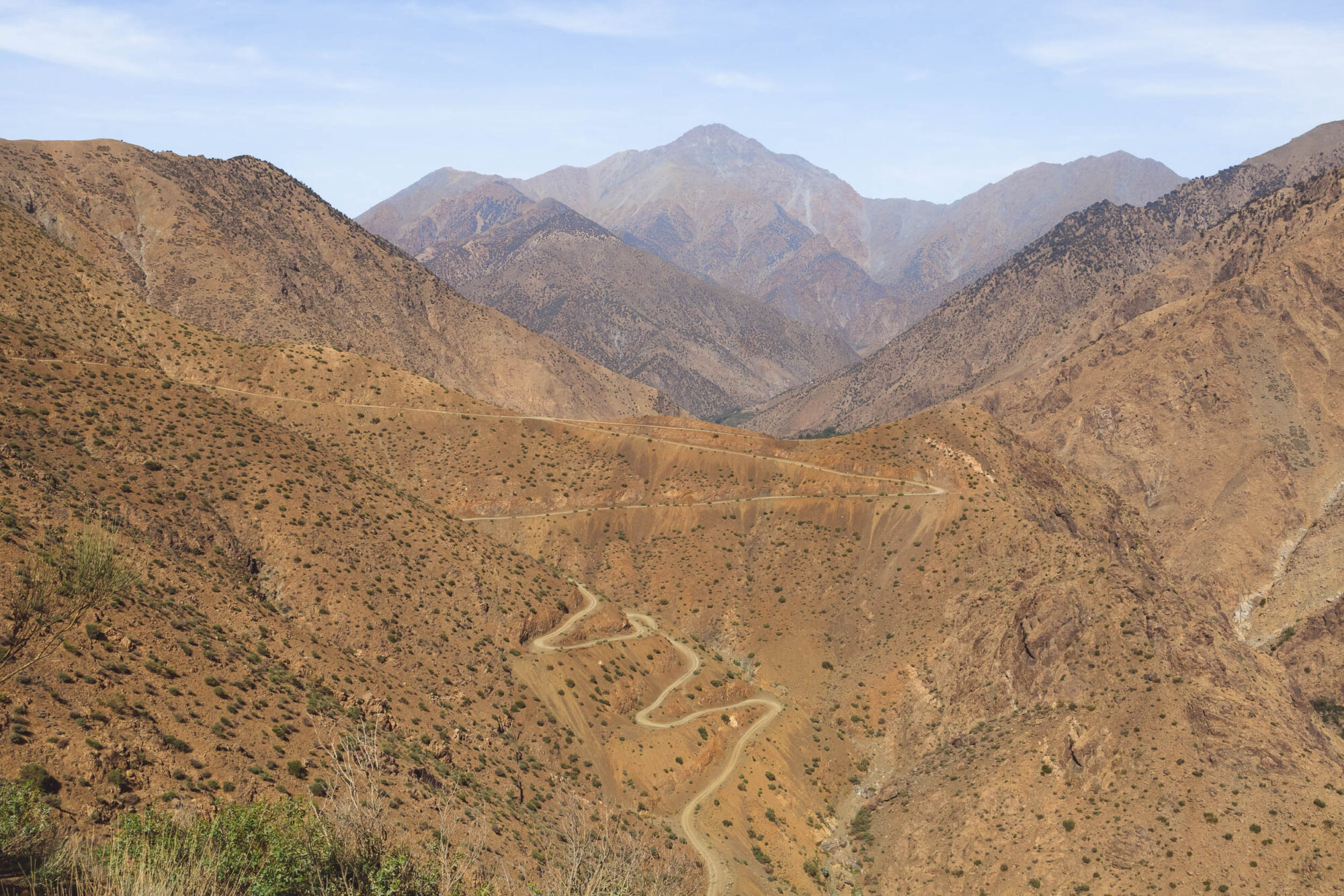
As I descend into the village, I notice some old houses on the right slope and newer ones on the left. I tap the brakes to take in the view and suddenly spot a woman on her balcony watching me. I call out, “Ima?” and hold up my empty bottles, but she disappears. I start to wonder if maybe the town’s hospitality has changed with tourism. Maybe I’m just another outsider—a Westerner on a bike. But just as I put my bottles away, a second woman calls out from the top of the hill, gesturing for me to come up.
Soon, I find myself with Ashida, a woman around my age, and her mother, who is in her early 50s. Under their roof, we share pastries, tea, stories, and moments of silent understanding. Together, we create a small but powerful community of women. That night, I slept in their home, sheltered from the cold, my belly full and my heart alive with gratitude.

I have quite a lot of mums around the world, forming a community we create, from woman to woman. Traveling to another culture means far more than learning new customs; it’s like journeying to different worlds. Yet the maternal bond—and everything it encompasses—remains constant, unchanging.
Between women, there exists a special connection that grows even stronger when traveling alone. You find someone who sees you with her heart, whose hands reach out to yours, offering trust, nourishment, protection, care, and warm embraces. I call them “mama” because this identity transcends borders, religions, and all the differences that society creates. They become surrogate mothers when your biological mother is far away—women who understand their surroundings deeply because they experience it daily.

Raised to nurture and care for their families, these women often inhabit intimate spaces like kitchens and patios. These private corners become sanctuaries they share with you—as a fellow woman—where doubts surface, questions arise, and intimate stories emerge, preserved in our shared memories and experiences.
Some encounters last minutes, others days. What matters is the intensity and depth of the connection, taking us beyond surface interactions. From woman to woman, these bonds transcend our different realities and cultural backgrounds.
Traveling solo might seem like making oneself vulnerable to those with ill intentions, yet I choose to be mentally prepared rather than let fear guide my journey. As a woman traveling alone, I trust my instinct and my gut feeling. I keep my heart open to those who kindly welcome me into their homes or offer something as simple as a sweet or tea.
My time cycling through Morocco gifted me with incredible experiences, allowing me to witness life from the mountains to the coast while meeting fellow bikepackers and travelers. In magical villages everywhere, regardless of where I came from, there was always a hot meal waiting, mint tea to share, and a new heart to discover.
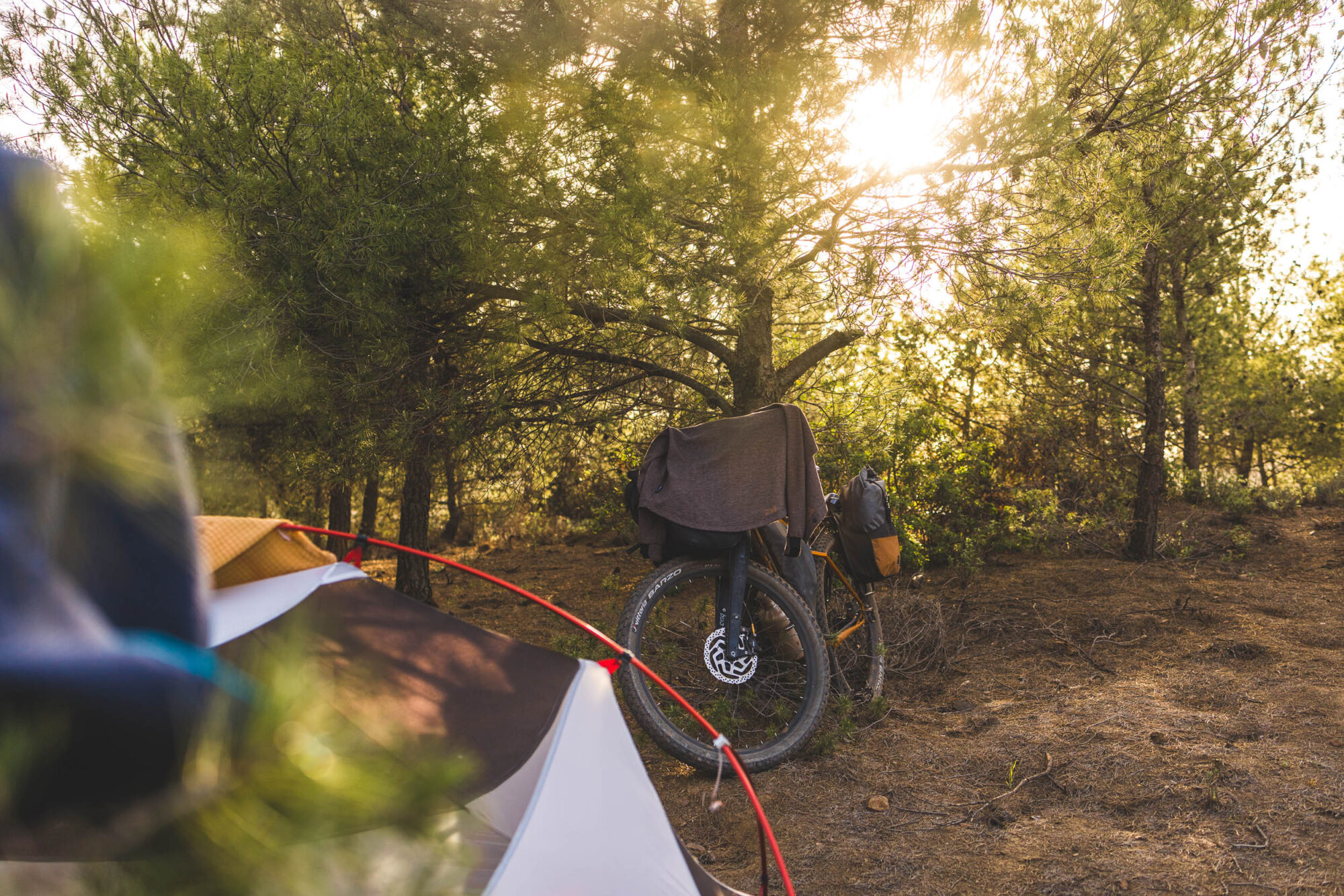
While the connections between women are uniquely intense and profound, I’ve also experienced beautiful encounters with men. I remember one day, before changing valleys and approaching the coast, coming upon men working in a field. Some were enjoying tajine in the shade, while others worked the land with hoes under the blazing sun. Without hesitation, they offered me bread, tea, and a portion of their meal, even finding the most comfortable stone for me to sit on.
If you wish to experience Morocco solo, turn off your television and embrace a country that has everything to offer—everything except, perhaps, a fair portrayal in mainstream media.
Further Reading
Make sure to dig into these related articles for more info...
Please keep the conversation civil, constructive, and inclusive, or your comment will be removed.


